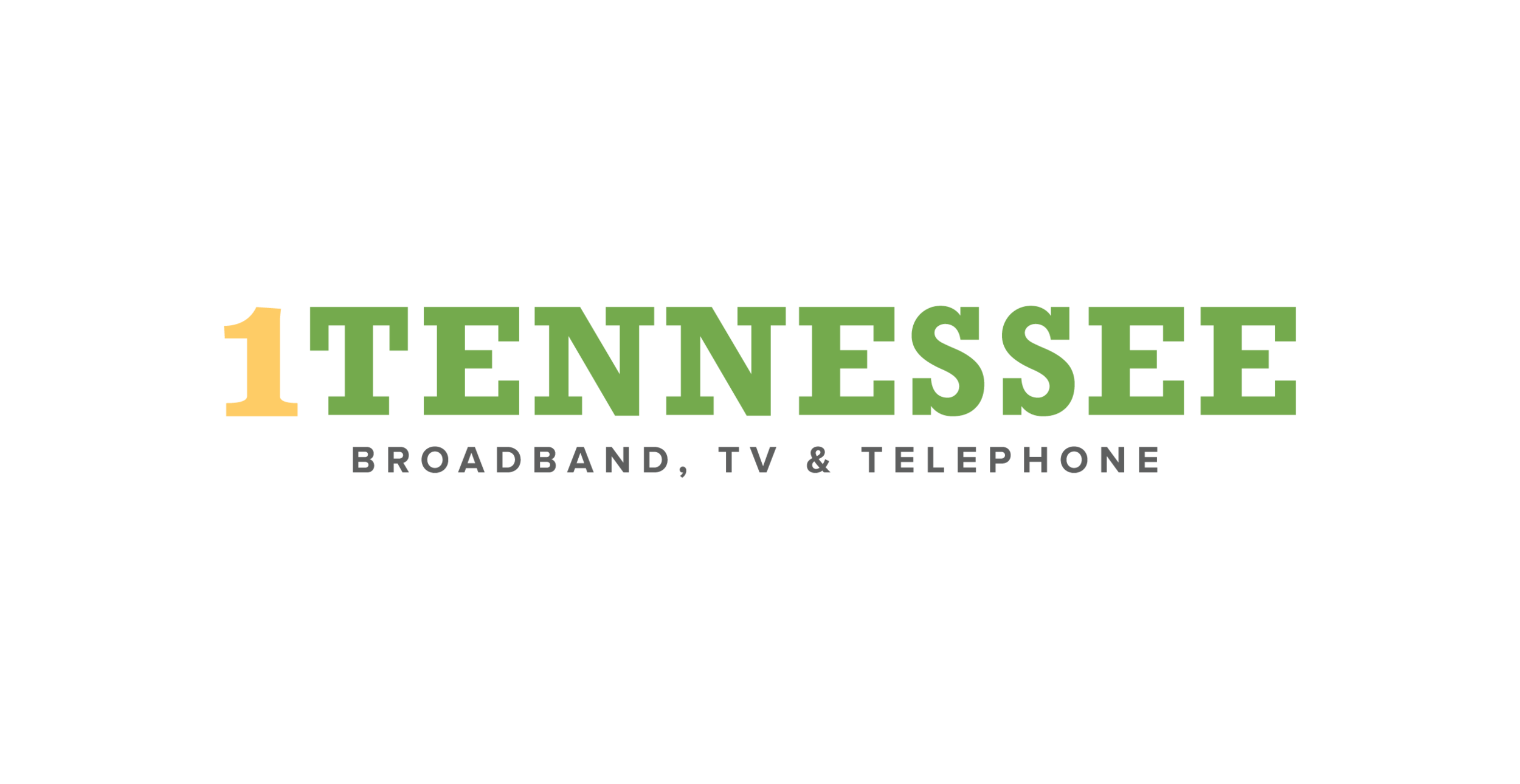The Un-Cooperative Cooperative (and how it affects our members)
GIBSON ELECTRIC, THE UN-COOPERATIVE COOPERATIVE
The Start Of A David vs. Goliath Battle Over Internet Access: How Gibson Electric Is Wasting Member Money and Boosting Executive Salary while Violating Basic Cooperative Principles
Gibson Electric Membership Cooperative recently announced their electric rate increase. Buried in the Tennessee Magazine, as usual, was the announcement by CEO Dan Rodamaker followed by self-addressed questions and answers. The questions they chose to address tell us a lot about who they are as a “cooperative”.
Before this rate increase, Gibson EMC already had one of the top 5 highest electric rates of the over 100 local power companies in the TVA system! For instance, Medina customers who are on the Milan Utility system pay an average of $20 less per month, per household for the same electricity, than Medina residents on Gibson EMC using the very same TVA power. Not only are the per KWH rates at the top of the TVA system, their fixed rates are as well. Also buried in your monthly bill is the fixed cost for the meter. Here’s how they stack up on this
front…
How can this be? We think we have at least one possible explanation.
While Rodamaker claims their newest rate increase has nothing to do with Gibson Connect, all other evidence points to the contrary. The cost of a buildout for Gibson Connect is astronomical (tens of millions of dollars) - estimated at $72 million by Charles Phillips, Gibson EMC’s VP of Engineering.
Meanwhile, 1Tennessee (formerly Click1) already provides the exact same services that Gibson Connect aspires to: telephone, internet and television services. In Gibson’s projected expenditures (of which the $1.3 million grant is a drop in the bucket), it will cost nearly $2,000 per household to build out their Gigabit fiber system. By contrast, 1Tennessee already has 1 Gigabit modems in most customers’ homes and, for an investment of less than $50 per home, 1Tennessee is turning up 1 Gig service before December 31, 2018 at no additional cost to members.
The $72MM Gibson Connect buildout will leave Gibson EMC with a massive amount of debt. Translated: Gibson EMC electric rates may go even higher as Gibson Connect struggles to service its debt - that affects all of us since we don’t have a choice of where we buy our electricity.
Telecom overbuilds are incredibly rare, and almost unheard of in rural settings like ours. A look at other utilities that built out fiber networks illustrates this foreboding warning. High debt has resulted in the failure of all but a few of these utility-owned internet providers, and the rest continue to struggle with crippling debt. But that’s not even the most alarming part.
Within the next 5 years, this debt-ridden wired build out will be challenged by compelling wireless competition: 5G cellular and LEO satellite broadband connections. Upon the introduction of 5G cellular service, and satellites operating in Low Earth Orbit (instead of way higher up), almost everyone in West Tennessee will be able to access the internet at faster speeds and lower prices. In other words, their projections are just plain wrong, and they didn’t even ask us, their member-owners (and handcuffed ratepayers), for our thoughts about it before engaging in this risky endeavor.
To us, this is a David vs. Goliath battle for our customers. We have offered to work with Gibson EMC many times over the last decade to expand rural broadband. They were never interested. Upon their launch of Gibson Connect, we reached out about a partnership, merger, or acquisition, which would have cost our mutual member-owners much less than their proposed expansion while bringing our experience and expertise to their ranks. Again this fell on deaf ears.
Over the last 12 months, I have personally reached out, multiple times, by email and postal service, to every GEMC board member and to Mr. Rodamaker with no response. Their argument for overbuilding other cooperatives cannot possibly be lower costs to the consumer - at least not in the long run. You don’t have to look farther than your electric bill to prove that they are conglomerate-like in their waste and government-like in their spending. Mr. Rodamaker, whose annual salary is around $400,000 (not including additional perks), could take a lesson from the smaller, more nimble providers of internet, telephone and cable service like 1Tennessee. Maybe if they spent less time lobbying legislators and more time talking to their members they could learn to act like a real cooperative - serving their member-owners.
Rodamaker once told me in person, ‘My Board (the one “elected” to represent us) does what I tell them to.’ I was floored, but there you go… that’s how they operate. That’s why we call them the un-cooperative cooperative.
We are doing everything in our power to protect our members from this risky, expensive duplication of services, and future electric rate increases. The law protects electric cooperatives like Gibson EMC from competition. Maybe that’s why they act like this. They aren’t interested in what’s right for their members or building rural broadband - their worried about protecting, and growing, their inflated salaries by generating revenue wherever they can even if their member-owners have to shoulder the debt.
Perhaps, with advancements, and cost reductions, in distributed energy sources such as solar power, cooperatives like 1Tennessee should consider providing electricity to their existing customers. Oh wait, that’s against Tennessee State Law. For now, we’re stuck with this government-sanctioned monopoly operating under autocratic rule controlling our electric rates - and, now, gambling even more of our money to boost their personal bottom lines.
I, for one, won’t take it lying down. What about you?
John Warmath, President
1 Tennessee Broadband TV and Telephone Coop, Inc.


